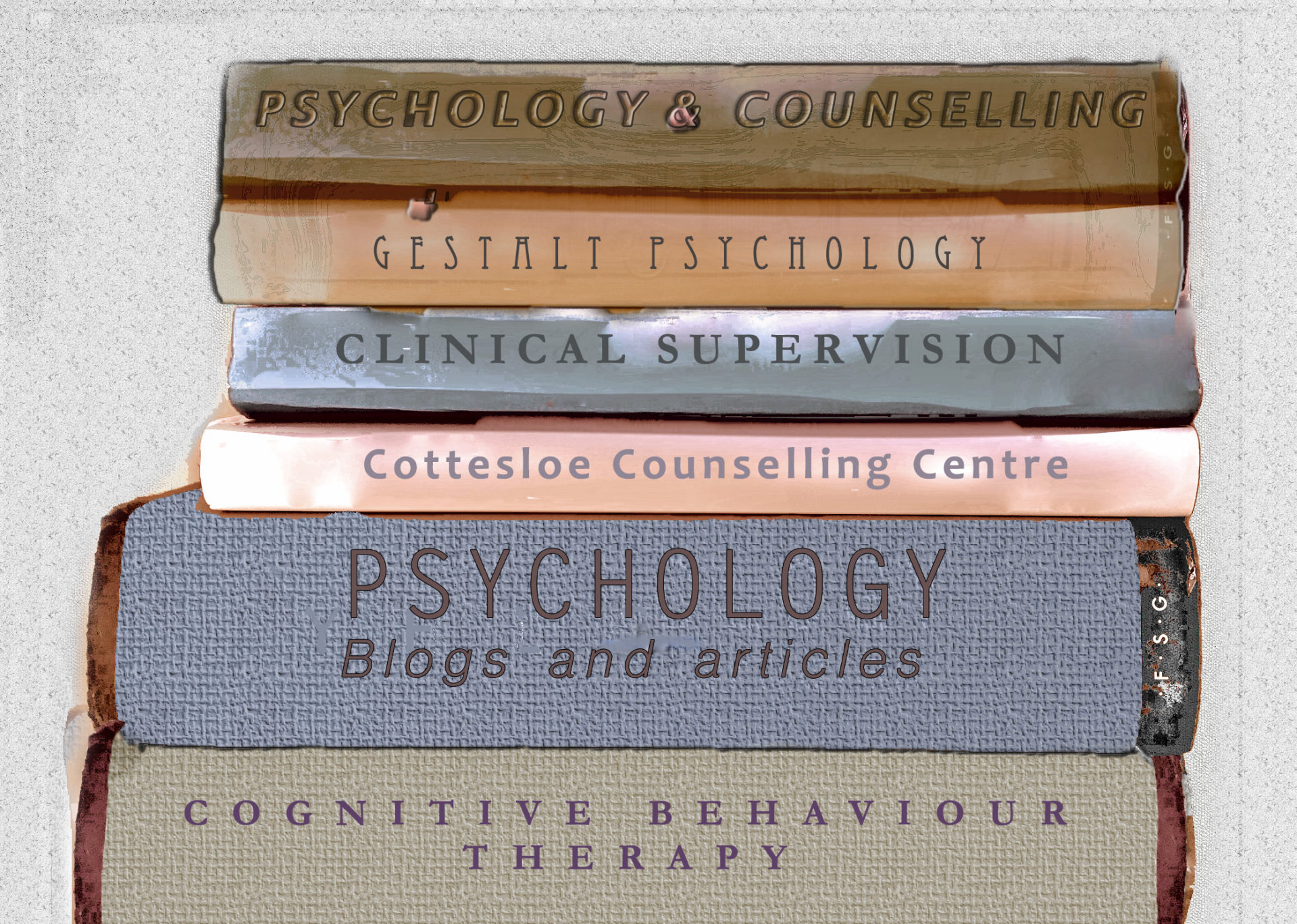WHAT IS INSOMNIA
Insomnia or difficulty in sleeping affects many of us at different times in our lives. The reasons for insomnia developing are often transient (such as lifestyle and/or behavioural changes or a crisis) but may also result from an ongoing condition such as chronic pain. Sleeplessness can become prolonged or habitual when the initial trigger is not dealt with.
Insomnia is extremely common – one in three people will suffer it at some stage in their life. About 16 per cent of the population will develop chronic insomnia, which tends to get worse with age and females are more likely to have it than males. It is often stress-related and the causes can be quite different for different age groups. Insomnia may be a as a result of a difficulty getting to sleep, difficulty staying asleep with frequent wakings, or waking up very early and not being able to go back to sleep.
WHY WE NEED SLEEP
Sleep is necessary for both our physical health and our mental wellbeing. We need adequate sleep in order to remain alert and responsive. Sleep also helps us to recover from injury and illness.
Not all sleep is the same. Most of us are familiar with REM or rapid eye movement sleep, the sleep period when we dream. Our body is as physiologically active during these periods, as when we’re awake. This is also the time when memories are consolidated. Non-REM sleep is when our metabolism slows down, our body temperature drops and our body restores itself.
HOW MUCH SLEEP DO WE NEED?
With the advent of commercial electric lighting in the late 19th century, and TV and other electrionic entertainments in the 20th century, human beings are now sleeping on average, an hour and a half less than we were a hundred years ago. Studies have found that when people are deprived of watches and clocks and encouraged to sleep when they feel like it, they sleep around ten and a half hours per day.
The average adult needs between seven and ten hours of good quality sleep per night. The emphasis is on quality of sleep. If you’re frequently awakening due to pain, noise or other distractions, you can quickly become sleep deprived even though you may be putting in the hours in your bed. If you’re having to use an alarm clock to wake up in the morning, the chances are, you’re cheating yourself out of sleep. Everybody needs a different amount of sleep. If you’re ill, you’re going to need more sleep and if you’re active you’ll need more sleep too. It’s a fallacy that you need less sleep as you age. Your sleep requirement remains the same, but it becomes harder to fill for many age related reasons such as chronic pain, more frequent need to go to the toilet, arthritis and inactivity..
PAIN, STRESS, DEPRESSION AND SLEEP
The three biggest enemies of a good night’s sleep are pain, stress and depression and of course they are often linked. When we feel pain, we perceive it as a serious threat which in turn stresses us. Pain stress can cause fatigue, depression, muscle pain and impaired mental and physical performance independent of whatever is causing the pain in the first place. The idea that pain is uncontrollable leads to stress and a vicious cycle of stress and disability ensues. Pain itself will also make it difficult to sleep, and lack of sleep will also enhance our susceptibility to depression. To help break this cycle, ensure that your pain relief is adequate. If it’s not, tell your doctor about it.
SLEEP DEPRIVATION
If you’re not getting your full quota of sleep every night, the chances are you’ll be waking up unrefreshed and you’ll be feeling drowsy through the day. You’ll find it difficult to concentrate and your ability to perform tasks involving memory, learning, logical reasoning and mathematical calculation will be limited. Your moods will become unpredictable and your close relationships may begin to suffer to the extent that you start alienating partners, family, and friends.
Sleep deprivation may result in you being less able to make good decisions about treatment options available to you.
DANGEROUS SITUATIONS
Sleep deprivation can impair your ability to function efficiently but may also become dangerous if you’re dealing with the welfare of a child, driving, operating potentially dangerous equipment or making critical decisions regarding the well-being of others.
It’s estimated that for every hour’s sleep that you miss out on, you lose one IQ point. If you are commonly deprived of fifteen hours sleep over the course of a month, then you would experience a corresponding drop in IQ of fifteen points. The good news is that once we’ve caught up on our sleep, our IQ is restored.
HOW TO SLEEP BETTER
The following strategies have been shown to help people sleep better.
- Make sleep a priority. Be realistic about what you can achieve in a day. Now is the time to abandon your desire to be the perfect wife, father, employee or entrepreneur – until you’re better able to manage the demands these roles place on you.
- Adequately control your pain. Work with your doctor to ensure pain isn’t keeping you awake.
- Establish a routine and go to bed at the same time every night.
- Exercise as early in the day as possible and avoid exercising in the evening. Regular exercise will enhance your sleep.
- A hot bath before bed can help. Keep your room slightly cool. You can’t reduce your body temperature if you’re sleeping in an oven!
- Eat a carbohydrate-rich snack an hour or so before bedtime. Carbohydrates make you feel sleepy.
- Avoid napping throughout the day. If you must nap, fit it in at least six hours before bedtime.
- Try to expose yourself to one or two hours of very bright light in the evening. It can help you sleep longer in the morning.
- Don’t drink coffee, tea or other beverages containing caffeine late in the day. Also avoid eating chocolate around bed time.
- People forget that nicotine is also a stimulant. Avoid that after dinner cigarette.
- Avoid the temptation to have a nightcap before bed. Alcohol makes you sleepy but this sleep is of an inferior quality and won’t refresh or sustain you.
- Don’t read, eat or watch TV in bed. Reserve the bed only for sleeping (and romance of course!).
- Keep the room dark.
There are many medications which can be used to treat insomnia, yet these are usually only effective in the short-term. For long-term management of sleep difficulties, you may need to consider some of the strategies listed above. It is also very important to reduce your stress levels, and to do this it may be useful to seek professional help.
MINDFULNESS PRACTICE AND RELAXATION
Mindfulness, paying attention to and being in the present moment without judgement, is an ancient and simple practice that can assist us to relax our mind and our body. We can learn to improve sleep by calming our body and stopping our mind-racing.
Approaches to improving sleep through mindfulness practice include establishing a mindful pre-sleep routine, and winding down from our day, quietly moving into our preparations for bed. If we are struggling to sleep we can shift our attention to the quiet movement of our breath and allow our thoughts to be a benign meditation or visualisation that do not need to be taken seriously. This may seem hard to do at first, but it is useful to remember that our thoughts are just thoughts and not ‘facts’. They come and go and we do not need to focus upon and enlarge or elaborate them. We can shift our thoughts to those that are calming, soothing, and kind, and to letting the thoughts drift away as they come, assisting us to move into the sleep state.
If you are experiencing difficulty in sleeping or have developed insomnia and would like further information or to make an appointment, contact Diana by telephone or email.

